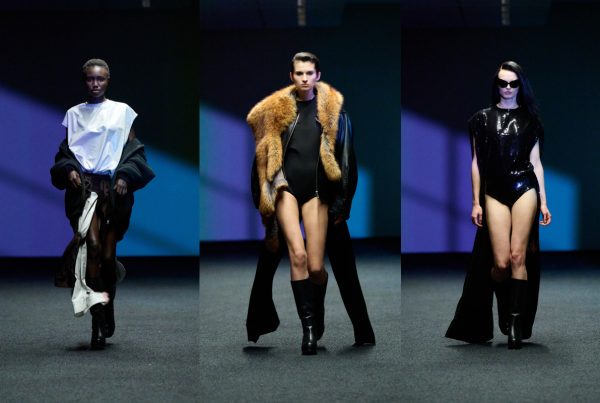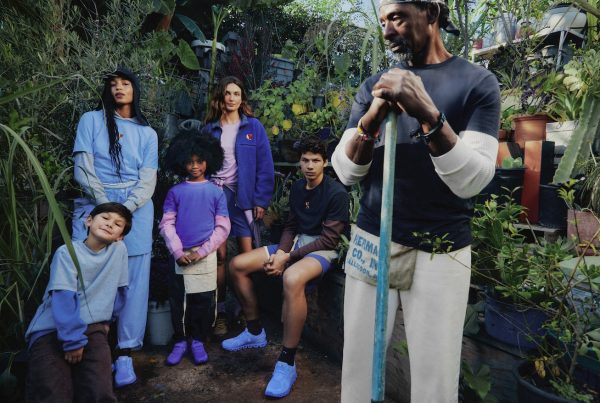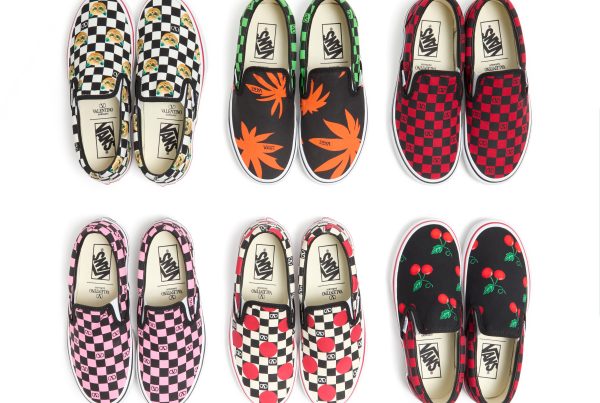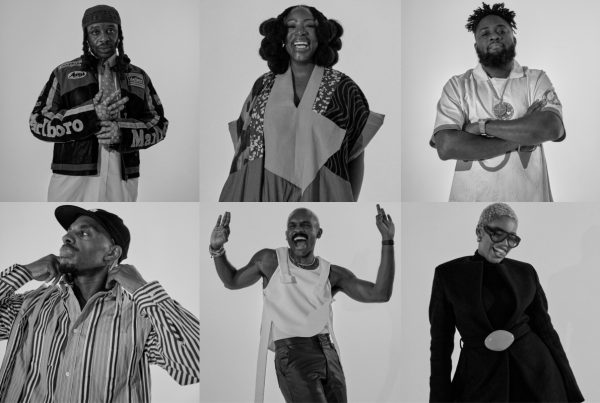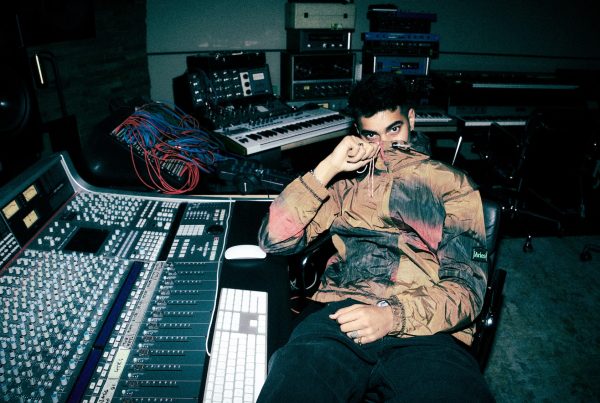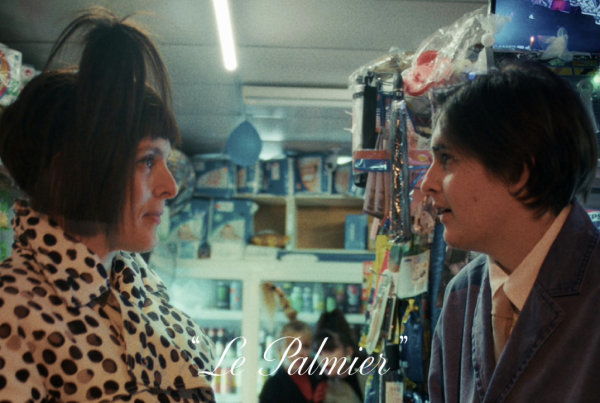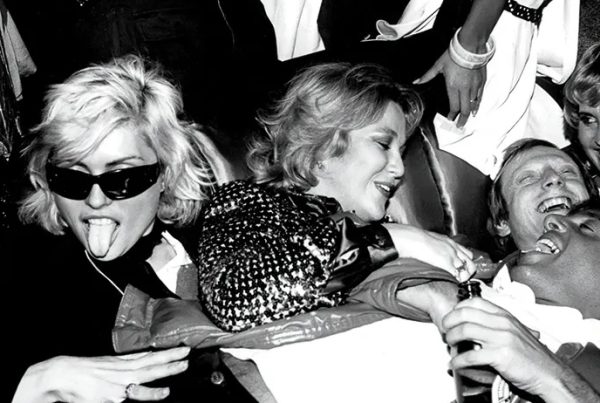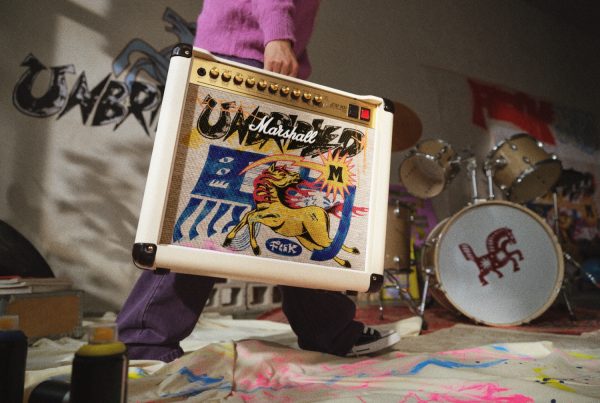
Urban culture has always been at the forefront of innovation, constantly adapting to the trends that define modern life. From music and fashion to art and technology, urban communities thrive on embracing the next big thing. In recent years, one of the most significant changes has been the rise of cryptocurrency, particularly Bitcoin. This digital currency is now playing a major role in shaping the way people engage with technology, culture, and finance.
Bitcoin offers more than just a means of investment; it’s becoming a cultural statement. For artists and creators in urban spaces, Bitcoin represents autonomy and financial empowerment. Its decentralized nature aligns with the values of independence and innovation that urban culture celebrates. Musicians, streetwear designers, and digital artists are all exploring how cryptocurrency can help them connect with their audiences while maintaining creative control. Some use Bitcoin to fund new projects or collaborate across borders without the need for intermediaries, highlighting its transformative potential.
Another factor driving Bitcoin’s popularity in urban culture is its accessibility. Platforms like MoonPay have simplified the process of acquiring cryptocurrency, allowing anyone to buy Bitcoin with ease. For tech-savvy individuals and creative entrepreneurs, this opens up opportunities to participate in the digital economy, from supporting blockchain-based art to purchasing exclusive merchandise available only through crypto transactions. Additionally, the transparency and security offered by Bitcoin make it an appealing choice for those seeking greater control over their financial dealings.
Cryptocurrency’s impact on urban culture goes beyond just financial transactions. It has also influenced how people think about ownership and value. Blockchain technology, which underpins Bitcoin, allows for the creation of digital assets that are unique and verifiable, such as non-fungible tokens (NFTs). These tokens have opened up new ways for artists to monetize their work and for collectors to invest in digital art. This fusion of technology and creativity has added another layer to the dynamic nature of urban culture.
Moreover, the integration of cryptocurrency into urban lifestyles reflects a broader cultural shift. Younger generations, particularly Gen Z and Millennials, value technology that is both innovative and practical. Bitcoin aligns with these ideals, offering a way to engage with cutting-edge financial tools while supporting global movements such as decentralization and sustainability. Many individuals are also drawn to the idea of financial independence and freedom from traditional banking systems, which Bitcoin facilitates.
The role of Bitcoin in fostering inclusivity within urban communities cannot be overlooked. Cryptocurrency provides a means for individuals who may lack access to traditional banking services to participate in the global economy. This democratization of finance resonates with the ethos of urban culture, which often emphasizes equality and opportunity. By enabling peer-to-peer transactions and removing barriers, Bitcoin is empowering people from all walks of life.
In many ways, Bitcoin’s influence on urban culture is just beginning. As more platforms and communities embrace digital currencies, the potential for creative and financial innovation will only grow. Whether it’s through supporting local artists, investing in digital assets, or simply exploring new financial tools, Bitcoin offers a wealth of possibilities. For those looking to stay ahead of the curve, now is the time to explore how Bitcoin can become part of your lifestyle, unlocking new possibilities in the ever-evolving world of urban culture.





